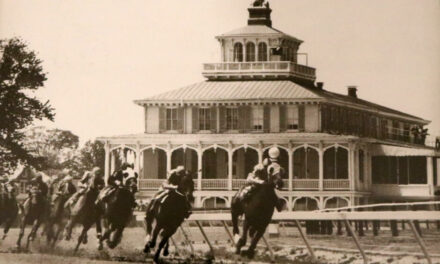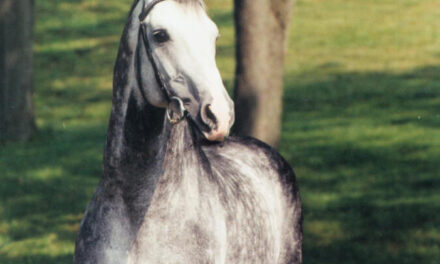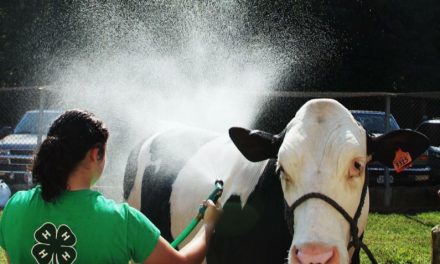On March 26, the Maryland Thoroughbred Horsemen’s Association (MTHA) held a zoom meeting/webinar on the current equine herpesvirus (EHV-1) cases affecting Maryland Thoroughbred racetracks. During the meeting, it was announced that live racing at Laurel Park was canceled for the next two weeks (March 26-April 3) because of the ongoing EHV-1 situation.
According to a MTHA press release, the decision to cancel live racing March 26-28 was made late on March 25 after a horse at Pimlico Race Course tested positive for EHV-1. That led officials to designate Pimlico as a separate quarantine zone, meaning horses stabled at Pimlico are not able to ship to Laurel to race.
“This is a stressful situation and we are working our way through it,” Craig Fravel, TSG Chief Executive Officer of Racing Operations, said. “It’s not in our DNA to cancel racing but we live a world where caution is the better part of valor. We continue to appreciate everyone’s cooperation during this time.”
There are currently 26 horses that tested positive for EHV-1 (25 at Laurel and 1 at Pimlico as of March 26). All of these horses have been shipped to the former Bowie Training Center where each of three barns are being treated as separate quarantine zones. Another 11 horses are suspected, but not confirmed, of having the virus. Those horses will be re-tested three days after the first test was done.
When four barns at Laurel were first quarantined on March 8, officials employed a 14-day quarantine and protocol that required two negative test results according to Maryland State Veterinarian Dr. Michael Odian. He added that currently these barns are now on a 21-day quarantine and protocol now calls for only symptomatic horses or those with a temperature of 101.5 degrees or higher to be tested.
Depending on the results of 37 tests scheduled to be run March 26, the earliest the quarantine could be lifted at Laurel is April 17. At Pimlico, the date is April 12 if there are no further positives. The release of horses from Bowie will be on a barn-by-barn basis.
Horsemen are encouraged to continue taking horses’ temperatures and to report any above 101.5 degrees to Dr. Libby Daniel, the Maryland Racing Commission Equine Medical Director, or Dr. Heidi Thomas, MJC Senior Veterinarian. All backstretch employees are urged to continue various disinfection practices for barns and equipment and to refrain from interaction with other barns at MJC facilities.
Dr. Dionne Benson, TSG Chief Veterinary Officer, stated during the meeting that it is important to open up barns as much as possible to allow fresh air to circulate. It not only helps the horses, but helps reduce the chances of spread of the virus within the barns.












